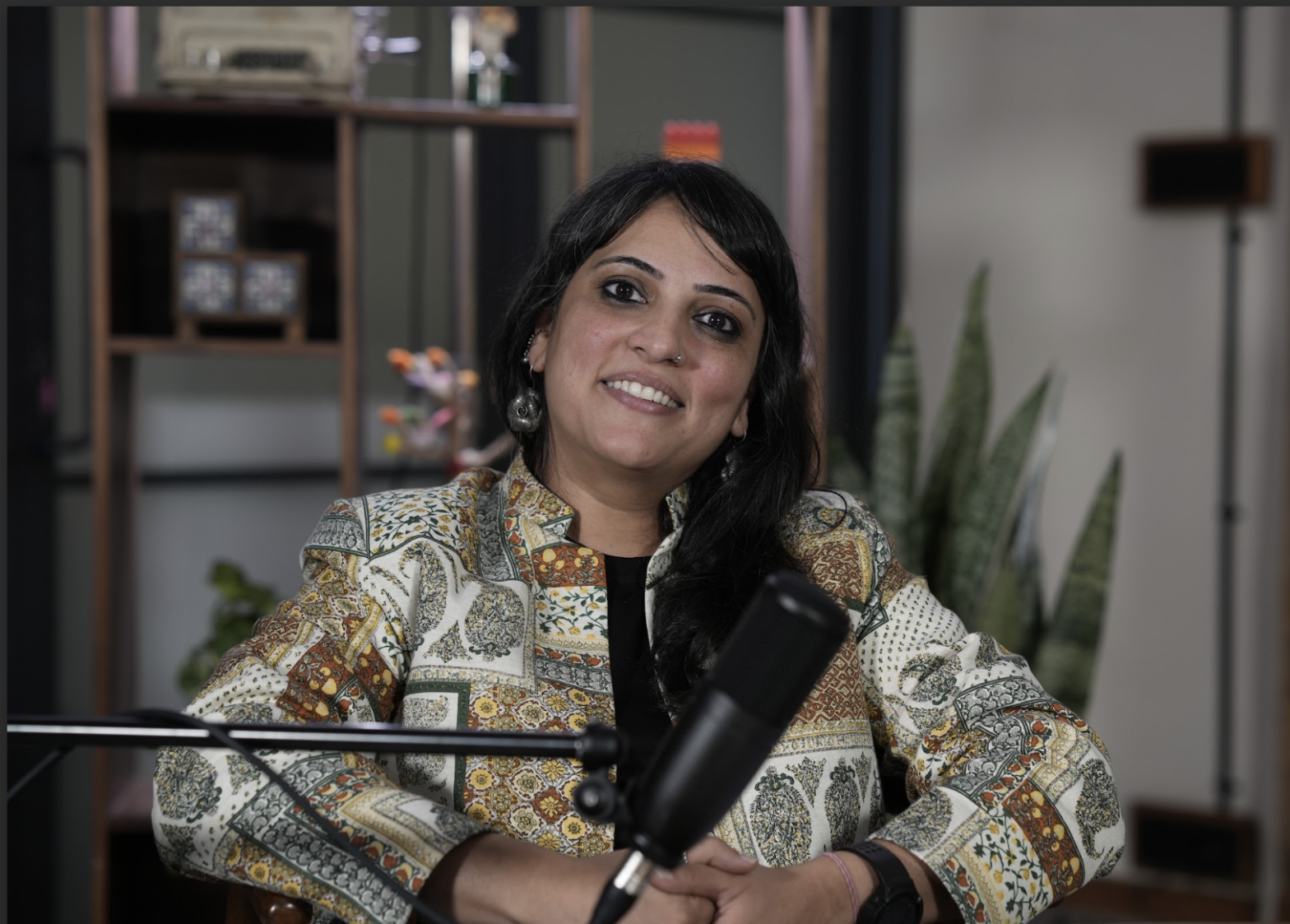—
Nikita Bengani, Director, Youth Program Quest Alliance
Every year on World Youth Skills Day, we reaffirm a global commitment to equipping young people with the skills they need for employment, decent work, and entrepreneurship.
For a country like India — home to one of the largest and youngest populations in the world — this is not just a priority, it is a necessity.
Yet, while education continues to be a major focus, skills — especially practical, technical, and digital — often remain undervalued.
In our society, degrees still command more respect than hands-on ability, and skilling is too often seen as a fallback, not a first choice.
This mindset undermines both opportunity and dignity for millions of youth.
Years ago, the “Hunar ki Kadar” campaign reminded us of the need to recognize and respect skills.
Today, we need that mindset more than ever.
This year’s World Youth Skills Day is especially significant, marking 10 years of the Skill India Mission.
As Minister Jayant Chaudhary emphasized, the vision was never just about jobs — it was about building a future based on “self-reliance, dignity, and confidence.”
Over the past decade, crores of youth have been trained in job-ready skills across sectors like healthcare, AI, and automotive.
The message is clear: India’s youth will no longer be defined by degrees, but by their skills and potential to shape the nation’s future.
Vocational training in India, especially through Industrial Training Institutes (ITIs), has long been positioned as a pathway to economic stability.
But the reality is more complex. In many regions where we work, ITI graduates don’t always lack jobs — they lack viable, aspirational ones.
Opportunities are often distant, wages are low, and job security is minimal.
The issue is not just unemployment — it’s the quality and dignity of employment.
Recognizing these systemic challenges, the Future Right Skills Network (FRSN), in partnership with the Directorate General of Training (DGT) and other stakeholders,
is working to strengthen vocational education and align it more closely with real-world needs.
This means going beyond narrowly defined trades to embed career readiness, digital fluency, and future skills into learning.
It also means focusing on future skills for thriving careers — helping young people not only access work, but build meaningful pathways of growth and purpose.
This also includes preparing youth for emerging technologies like Artificial Intelligence (AI).
While AI opens new avenues for learning and earning, it also demands a new set of skills.
If we don’t squarely focus on equipping young people with these skills — particularly those from underserved communities — we risk leaving many behind.
FRSN’s “AI for All” curriculum is one such effort to build awareness and readiness, helping youth understand how AI is reshaping the world of work.
At the core of all this work is the belief that young people are not just participants — they are active shapers of their futures.
If we are serious about the promise of World Youth Skills Day, we must reimagine vocational training as a space of dignity, aspiration, and lifelong learning.
India has a powerful opportunity — and responsibility — to lead the way.
With the largest youth population in the world, the stakes are high.
Improving the quality of skilling and addressing the skills-access mismatch is essential to unlocking potential, driving equity, and building a future where every young person can thrive.


